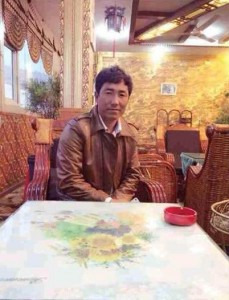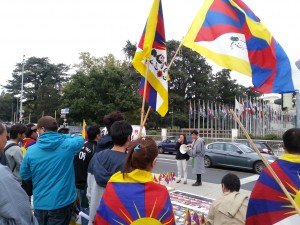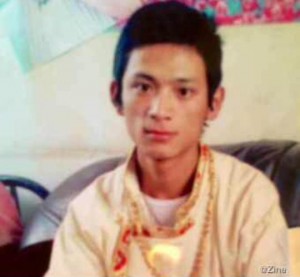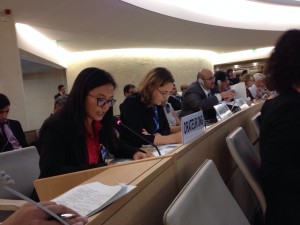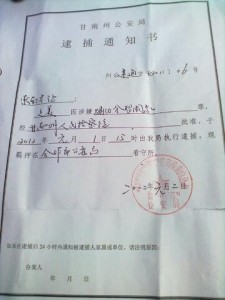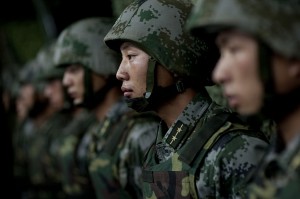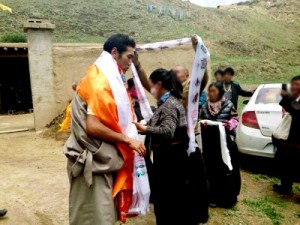
Two Tibetan men, Woeden and Lobsang Gyatso, were released after serving prison for their participation in 2008 uprising in Ngaba (Ch: Aba) Tibetan and Qiang Autonomous Prefecture, Sichuan Province, according to information received by Tibetan Centre for Human Rights and Democracy (TCHRD).
In March 2008, a series of protests rocked many parts of the Tibetan plateau with a large chunk of protests concentrated in Ngaba area. Among them was A’khyam Township located in the lower part of Ngaba County (Tib: Ngamey), where local Tibetans staged a major protest on 22 March 2008.
Woeden and Lobsang Gyatso, both of whom belonged to A’khyam Township, took part in the protest and were detained the same day by local police. Both men were sentenced on 24 June 2008 by the Intermediate People’s Court in Barkham, capital of Ngaba Prefecture, and imprisoned at Mianyang Prison, located in Wujia Township in Mianyang Prefecture near Chengdu.

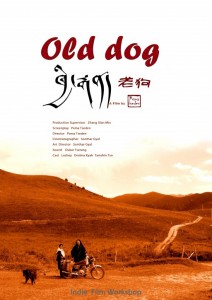
![Activist writer Gyitsang Takmig in his prison uniform in an undated photo. [Credit: Tibet Times]](https://tchrd.org/wp-content/uploads/2014/10/Takmig-pic-300x209.jpg)
